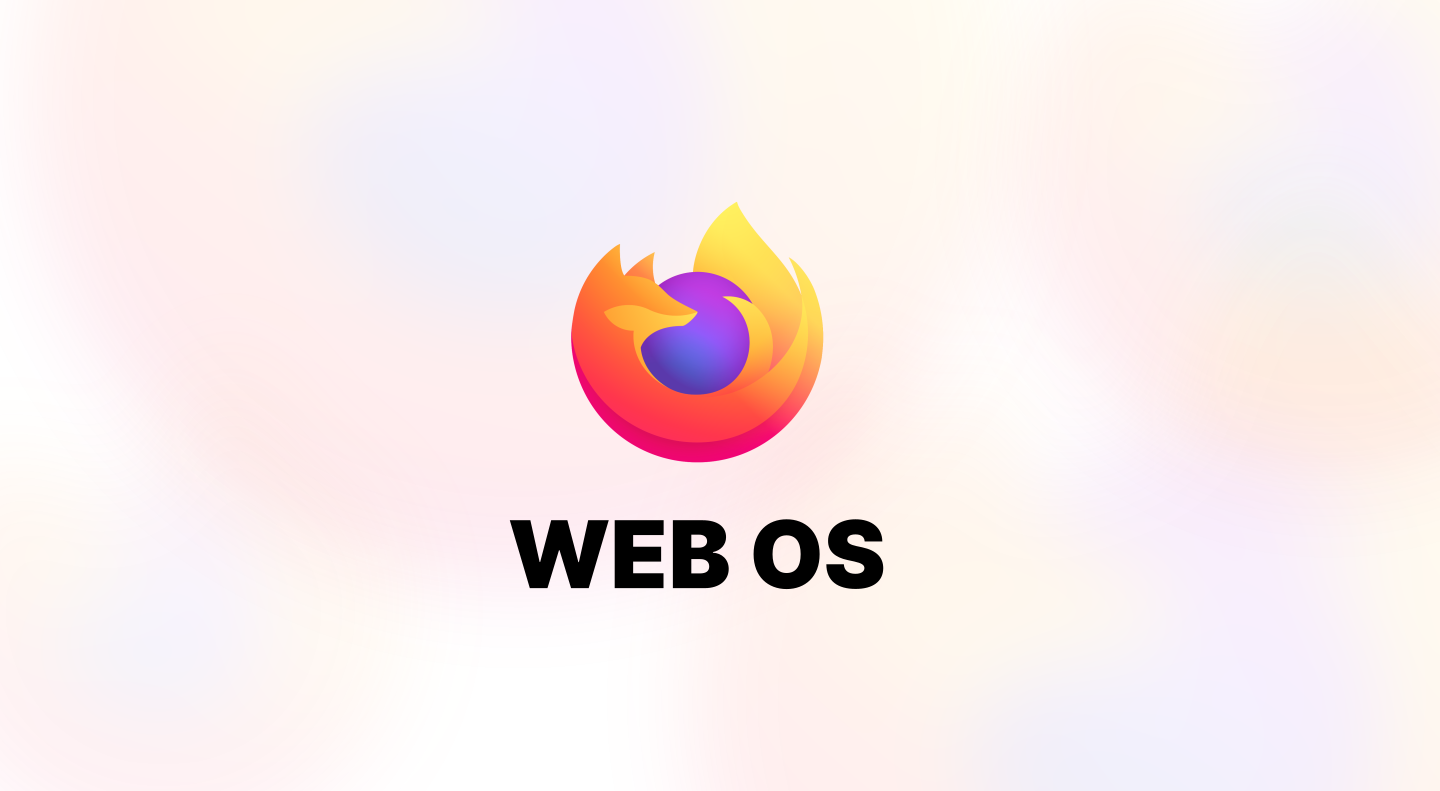ChromeOS isn’t a great operating system. But for those who need a simple Browser-based operating system, meh, it’s still not a good option. Why not just install a simple Linux distro and set up your favorite browser. That would have been much easier than buying hardware that only comes with a browser that claims to be a fully functional OS. Things have changed now with ChromeOS as it supports both Android and Linux native apps officially. That means you have access to three worlds of Operating Systems in one instance.

Also, ChromeOS devices are getting better. Cheaper, light-weight, and useful as some Chromebooks have an iPad like pen support. Although they are less capable in terms of performance, as most of the Chromebooks are under-powered. And that’s fine. No one plays AAA games on ChromeOS, neither ChromeOS have such ability though I would like to see Steam running on ChromeOS. Anyway, ChromeOS can be helpful for kids, basic users who just want to write a blog post about how Memes are bad for the internet.
That’s why Google changed its plans
Ok, one Web OS that sucked until they added Multiple OS into their base. But hey, the world needs another Web OS for some reason! So take some RemixOS, ApricityOS, Cub Linux, NayuOS. Most of them are failed and discontinued. Yet we need another Web OS. I’m talking about what all of the Linux community is talking about, Ubuntu Web OS. By the same genius who made Ubuntu Unity Remix which I really really like. Hail Unity.
So far we know that
It’s based on Ubuntu and the top-level system is fused with Firefox to provide browser-based OS experience. There is not much detail around except a twitter account and a promise. Nobody knows how it will look, or work. But I can guess what they want to do. I think the plan is to provide installable PWA app support. Firefox has this on Android but not on desktop. Which sucks. So enabling this functionality would be a great addition.
Another thing they can provide is a better app store for web apps for installing, updating, and managing PWA’s from a single app. This can enable users to discover web apps faster. I would say, there are tons of web apps out there. And if they can manage to make a catalog of those, it would be great. Users will not feel the lack of apps and they can discover useful apps from App Store much easy. PWA offers offline capabilities too. So poor internet connection won’t is much of a hassle.
Another thing that would work great is adding support for Linux apps. As you know, web apps aren’t sufficient and you do need to use a full-featured app once in a while even if you only rely on fewer simple apps. I couldn’t even find a Screen Recorder extension in Firefox. The chrome browser has all those things. Though firefox wins in every way for me, Firefox loses to Chrome in terms of how many Extensions are available. Although Chrome sucks to provide security measure for their extensions and most of em are malicious.
I have my personal guess and wishlist for what Ubuntu Web OS can be used for. So there you go, some positive stuff after a good amount of ranting
It may run on low-end devices and tablets
The main reason ChromeOS exists is because of the hardware it runs on. Google sells Chromebooks that are cheap, light-weight, and are intended for super basic stuff. Ubuntu Web OS may enable users to run a slimmed OS that can run on many underpowered devices. While giving out a good design and user experience. Web apps tend to look very good and space-saving. While they also consume lesser power and resources. It may run on your PineTab, it may run on your older laptops with two pieces of potato in it.
You may get the fastest performance and snappy UX
The biggest selling point of ChromeOS is its super speedy boot time. Imagine that in Ubuntu Web OS. You tap the power button and in a few seconds, you are greeted with the launcher and you are ready to do your usual task. If it provides the UI based on firefox, that means no Gnome or any heavy desktop or anything. Firefox is much faster than Chrome in terms of UI. So Ubuntu Web OS may work faster than ChromeOS.
Updates will be a charm and enjoyable
Normally the web apps will update themselves automatically as the web content gets changed in the background. But I hope the system update will also get hassle-free. Because there are not many system apps and core utilities, the system can update itself with less bandwidth and faster in the background. Ubuntu LTS will offer a stable base and updates only for critical bug and security fixes, while the only thing that will be left to update is the core firefox.
Adding optional Linux app support will give advance users a chance to stay
Ubuntu Web OS probably won’t support Android. But giving users the ability to optionally enable Linux app with a container may help users to do advanced stuff while retaining the full experience of a Web OS. ChromeOS does the same. And it’s very useful in some cases. This way, even I will be interested to try out the Ubuntu Web OS.
It may be the best OS for TV and Linux based Entertainment systems
While it may be a basic OS for desktop, it could be the best OS for TV and Big screens. No more Privacy paranoia, no more Android. You can install it on a TV box, let’s say on an Amlogic s905x running TV box and enjoy the freedom. It should work great on TV by adding a TV launcher. The reason it will be better than Plex or Kodi is that Ubuntu Web OS will be much lighter and better performing on lower-end tv boxes.
Conclusion: I don’t like Web OS. I don’t like ChromeOS, neither I’m too hopeful for Ubuntu Web OS to be that much of a deal unless they do what I wrote above. Web OS’s are pretty much dumb. But hey, if they can do something better and unique, I might change my mind. Maybe the UI will look super cool and easy so I can install it on my mother’s laptop. Or I can install it on our TV. That would be much better and I may like it. Let’s see how it goes and what they come up with.





